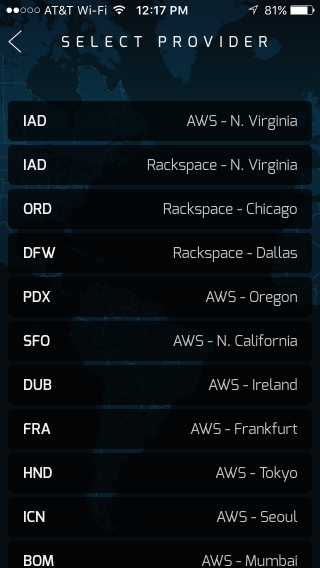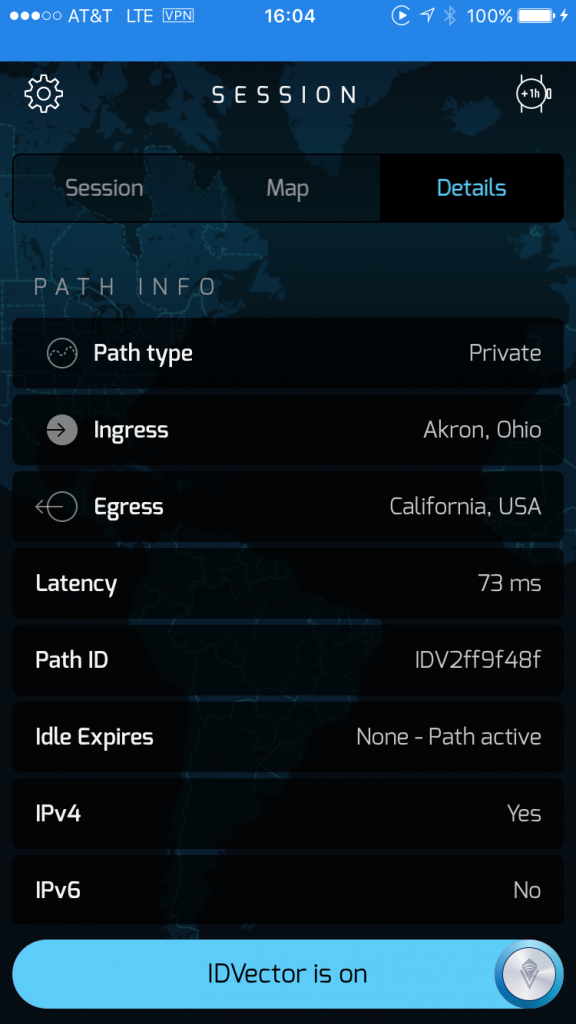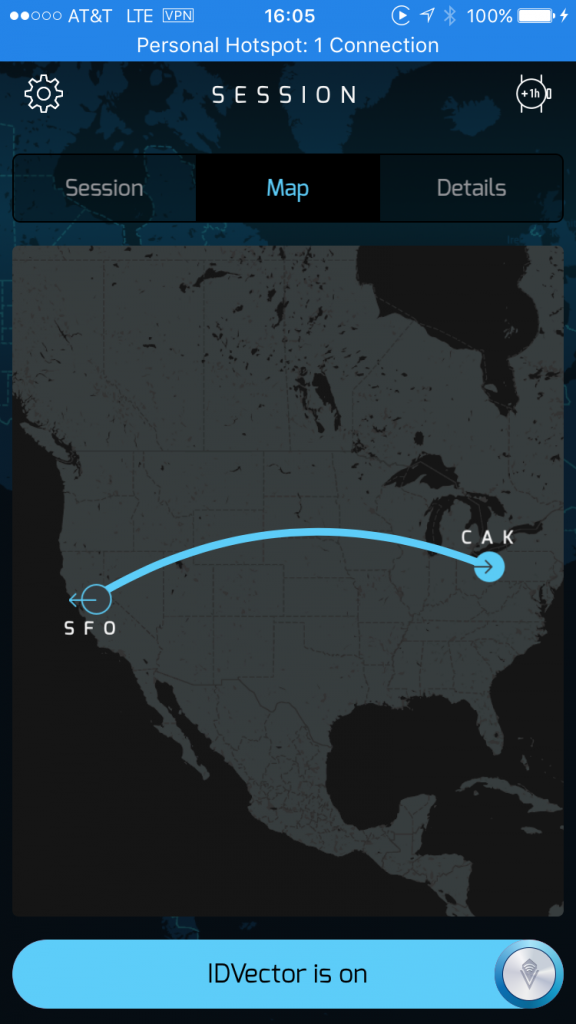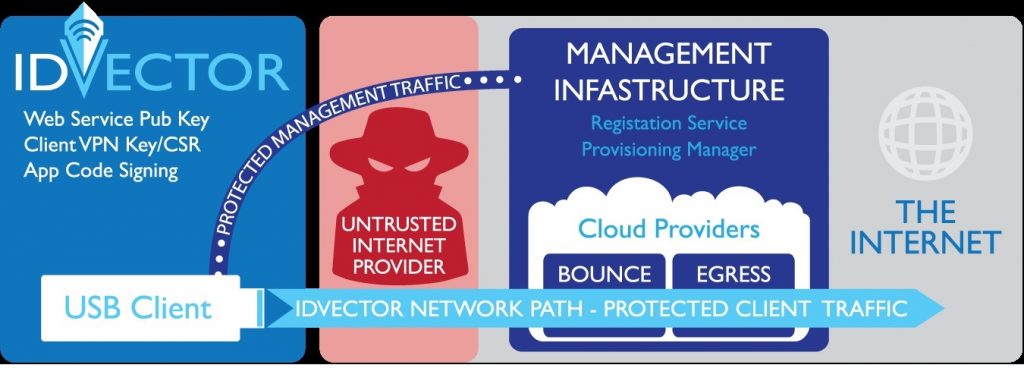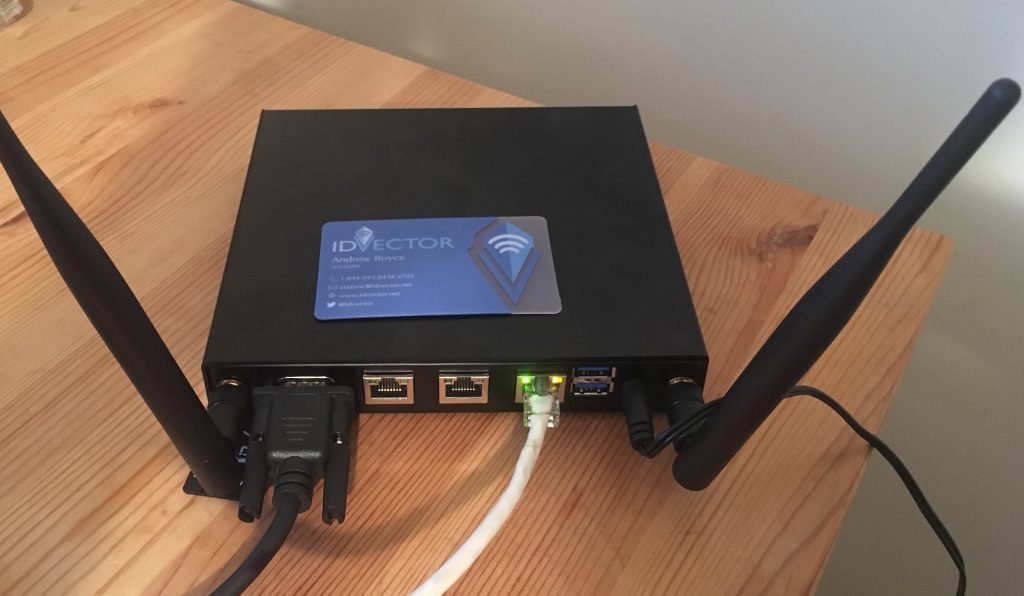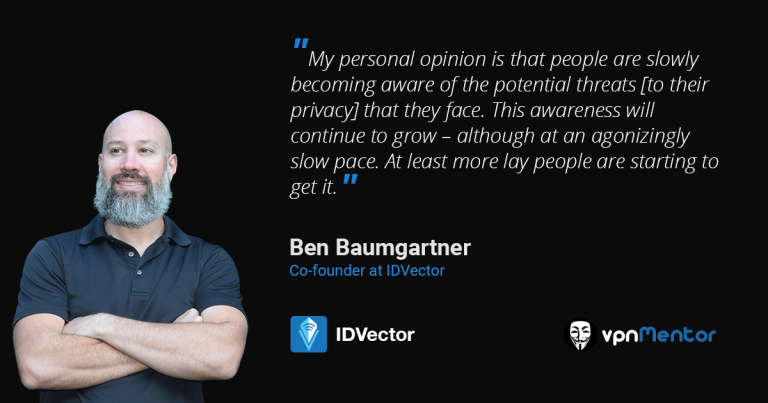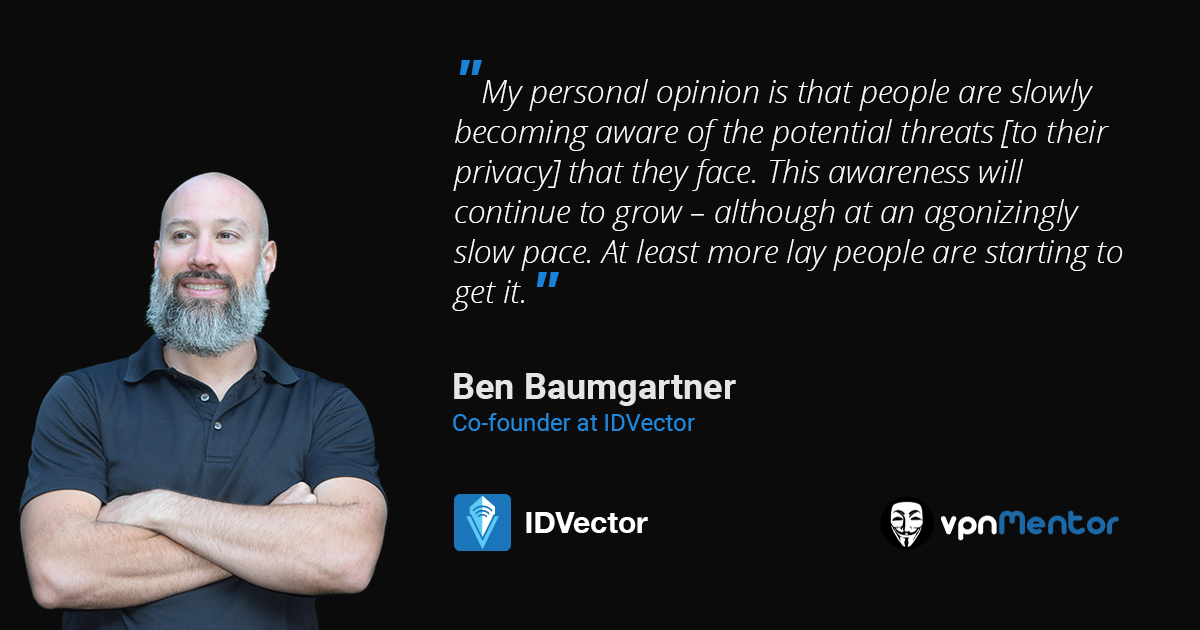
IDVector – Making Privacy and Security Simple
- Please tell me a little bit about yourself and your background.
- Let us talk about your two existing products. Your first product is the IDVector PRO USB Client, which is a USB device. Isn’t that somewhat unusual for this market? Isn’t it also something of a hassle?
- Your second product is IDVector Mobile, which is an App and SaaS-based product for mobile devices.
- How many active customers do you have today? Where are they mainly located?
- How would you describe your current typical customer?
- Whom do you see as your main competitors?
- How do you see your tools as different and/or better than theirs?
- What do you see changing in the VPN and privacy markets in the next 3 years?
- What are your future plans for IDVector?
- What is your connection, and IDVector’s connection, to the company Kyrus?
- How many hours a day do you normally work? What do you like to do when you are not working?
Ben Baumgartner, the co-founder of IDVector, has spent his extensive professional career working in the information security space. For much of that time, he held various roles in the U.S. Air Force and as a federal contractor, including managing a large Network Operations Security Center, and developing security software.
IDVector reflects this experience in the products that they offer. While their initial products focus on individual mobile users, their newest products target the needs of enterprises and small businesses.
Please tell me a little bit about yourself and your background.
I have been an information security professional for my entire career. For the bulk of that time, I specialized in software development. I was also responsible for a large network security center in Europe while serving in the United States Air Force.
Let us talk about your two existing products. Your first product is the IDVector PRO USB Client, which is a USB device. Isn’t that somewhat unusual for this market? Isn’t it also something of a hassle?
Let me first describe some of the specifics of this product. The IDVector PRO client ensures safe and private internet access over a Wi-Fi connection. However, it is not just a VPN (Virtual Private Network) – it is also a high-end firewall.
We do not see a small USB device as an issue, since people are already walking around with thumb drive devices. We originally designed the IDVector Pro client with an internal antenna so that it would have a smaller form factor, but we had to scrap that design because the signal gain was just not good enough.
Moreover, a small hardware device allows us to do things that we couldn’t or shouldn’t do in software. These benefits include:
- Split tunnels (i.e. management and client traffic)
- DNS leakage prevention
- No need for additional software for absolute privacy
The IDVector Pro device connects to our private IDVector network. SaaS (Software as a Service) access is charged at fixed fees, which are billed either on a recurring monthly subscription or on an as-needed weekly/monthly pass. The PRO client also allows a user to create, use, and destroy custom private network paths using any of the IDVector network points of presence.
Your second product is IDVector Mobile, which is an App and SaaS-based product for mobile devices.
The IDVector mobile client is available for both iOS and Android. It is free to download and install and comes with a one-week free trial for new accounts. Our mobile app provides users with the ability to use the same IDVector server network as the PRO client without any additional hardware and offers most of the same features and benefits of the PRO client.
How many active customers do you have today? Where are they mainly located?
We have customers all around the world, although the majority of them are still in the U.S. Most of our current customers are using the free mobile apps, rather than the PRO client, which costs about $300.
How would you describe your current typical customer?
Most of our customers today are information security professionals who understand privacy issues and risks. In general, most people do not realize how they are giving away their privacy.
Whom do you see as your main competitors?
Unfortunately, our biggest competitors are the commodity/free VPN vendors.
How do you see your tools as different and/or better than theirs?
First of all, one of the points that I always try to get across is that there is still a privacy risk with free VPN products, because someone is always mining the data. The saying goes “If the service is free, you are the commodity.”
We offer several additional specific benefits:
- Additional actual barrier (defense in depth) between client and host (PRO client)
- Ability to define your own unique private paths (patent pending)
- Both shared and private access paths can be short-lived – private paths are user definable.
What do you see changing in the VPN and privacy markets in the next 3 years?
My personal opinion is that people are slowly becoming aware of the potential threats [to their privacy] that they face. This awareness will continue to grow – although at an agonizingly slow pace. At least more lay people are starting to get it.
What are your future plans for IDVector?
We really believe in privacy for everyone. We are also very concerned with how the Internet is evolving, in terms of privacy, criminal activity, government involvement, etc.
We are going to continue to bring innovative products to market to address these issues. We are about to release two additional products, one for the SOHO (Small Office / Home Office) market and one for the enterprise market. The SOHO client will work on both wired and wireless networks. The enterprise product adds some additional features and functionality, as well as API access.
What is your connection, and IDVector’s connection, to the company Kyrus?
Kyrus Tech is a security software services company that incubates new ideas and has spun out several other security companies in addition to IDVector – Carbon Black, Disruptive Solutions, and Red Canary.
IDVector is a small company, but we have the benefit of being able to leverage many shared resources offered by Kyrus.
How many hours a day do you normally work? What do you like to do when you are not working?
In addition to my role at IDVector, I still have a full-time function for Kyrus. I probably work about 10-12 hours a day, plus a little bit on the weekend.
One of my cherished pastimes is spending quality time with my children, and on occasion, engaging in activities like biking or running. Additionally, I proudly embrace my inner sci-fi and fantasy enthusiast, relishing in the works of esteemed authors such as Tolkien and Brandon Sanderson, as well as immersing myself in the captivating world of Star Wars.



